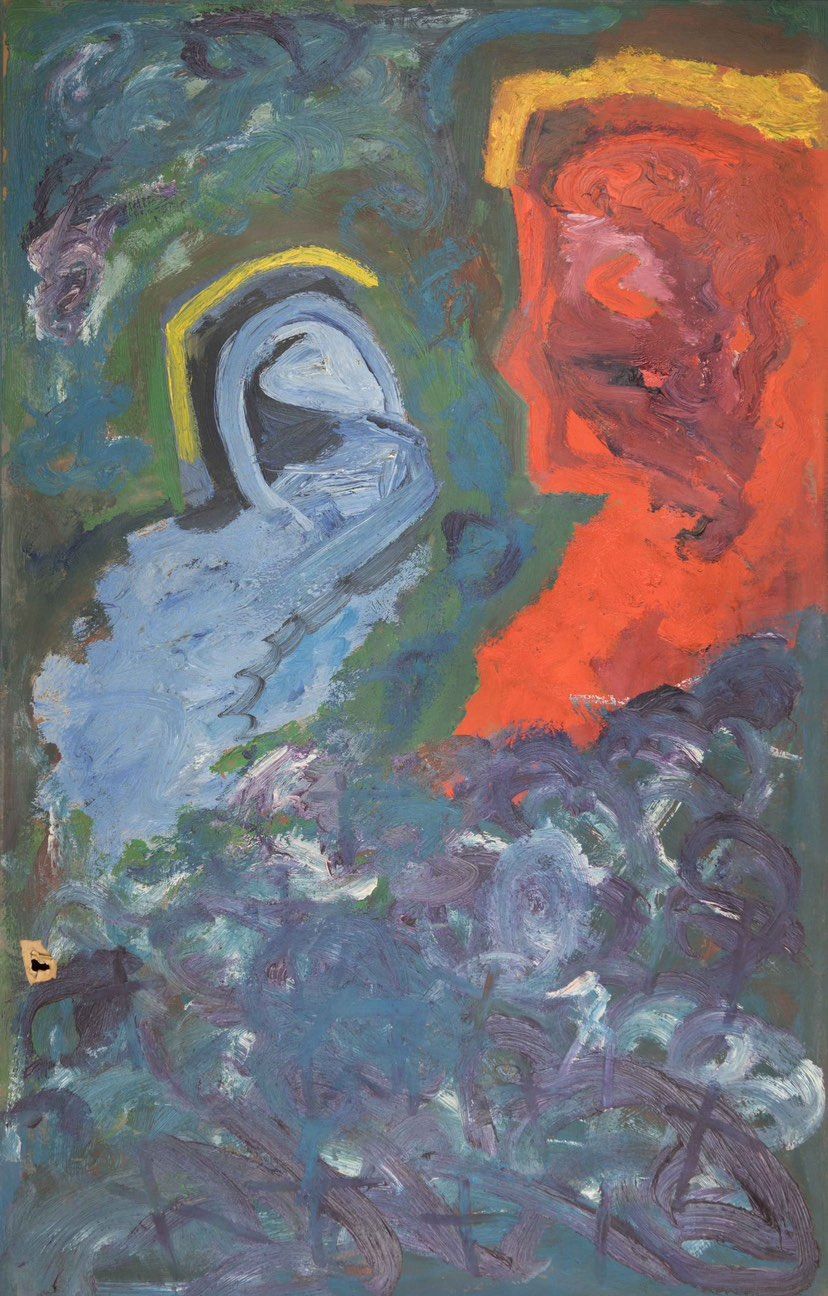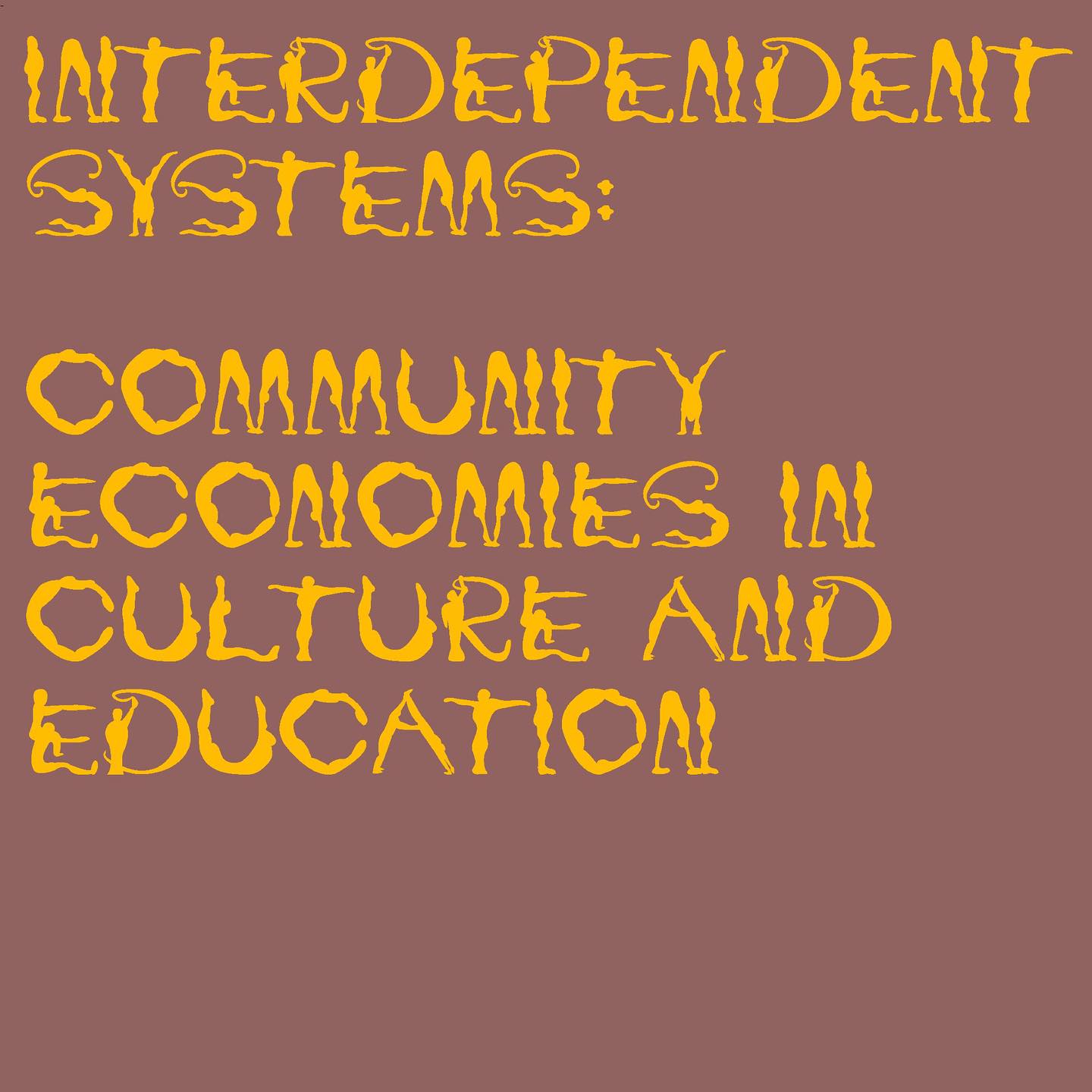Our research forms part of a slow-form inquiry into experimental peer-led self-organised forms of education (training & support) for testing, iterating and building ‘life-affirming institutions’ - a participatory-action-research project on practising other ways of working for artists and cultural workers.In the context of SoC, we would like to build on from a previous experiment in pedagogy of autonomy (ANTI-INSTITUTION SUMMER SCHOOL at The Horse Hospital, London) and develop ‘structures for changing’ and shaping the better worlds that our bodies tell us must be possible. We wish to do this by setting up an Office for Freedom Studies as a decentralised network of cultural changemakers working on intimate and public forms of togetherness which we would love to establish within the SoC community. We see our work as twofold: a space to imagine, and a rigorous questioning of the material infrastructures we need to maintain the imagined openings. We are interested in questions of ethical practice and its sustainability, instituting fugitivity, and sociality as a mode of study. While we remain committed to studying commoning, self-governance and abuse of power, the intersection of ableism, performance studies as a field of embodied knowledge, and transformative justice as a practice of ethical community formation, are our current areas of focus. We want to learn at the scale of relationship, teach each other how to uphold the responsibility of embodying abolition and practise what we learn; The question we are tentatively wishing to explore is: How can we think of building a sustainable (infra)structure as the writing of rhythm? Which in turn leads us to question not what rhythm is or what it does, but to consider what kinds of rhythms we want and desire. We are interested in developing practices and methods of working together that last and can be repeated, that are access-centered and self-accountable, non-extractive and non-possessive. We wish to prioritise (as well as interrogate) process-awareness over content delivery. We are interested in infrastructures as practices of unconscious collective consensing and wish to foreground a framework of ‘infra-poetics’ that refocuses attention to the granular & the latent disposition of a room/group. FORMS:-practice labs to test, distil, imagine and think together around a range of practical/organisational needs, theoretical and conceptual frameworks, and allow plenty of time in each session to practice what we learn. Topics might include: indigenous methodologies, good apologising, neurodivergent communication styles, self-governance - sociocracy, decision-making, practices of accountability, non-violent communication, time-banking, community economics, autonomous emotional support; -letter-writing between the participants; -performative scoring structures for a number of autoethnographic collective-writing workshops for experimenting with lived-experience based knowledge production.
Letitia Calin
Inclusion Consultant
Ella Asheri
Programmes Coordinator and MA Cultural Studies Graduate
Image by Mary Barnes. Untitled, no date. Oil on board. Image reproduced courtesy Falkland Estate. www.falklandestate.co.uk
Improvising Access, for now
04.02.2024, 04.02.24, 11:00 – 12:00

Freedom Studies (Letitia, Rose and Ella) will be hosting a participatory workshop which aims to learn with Augusto Boal’s Theatre of the Oppressed techniques to explore questions around access, disability justice, and interdependent ways of living and being together. Find out more
Interdependent Systems, Community Economies in Culture and Education
14.11.2023, 14.11.23, 18:00 – 20:00

40+ Commoning as a daily practice, with Bianca Elzenbaumer What type of informal economies already exist within forms of learning? How do our interdependencies relate to accessible education? How do we make existing practices of care sustainable in (non-)institutional infrastructures? Find out more